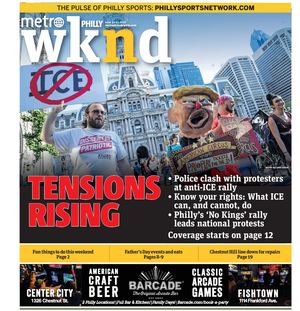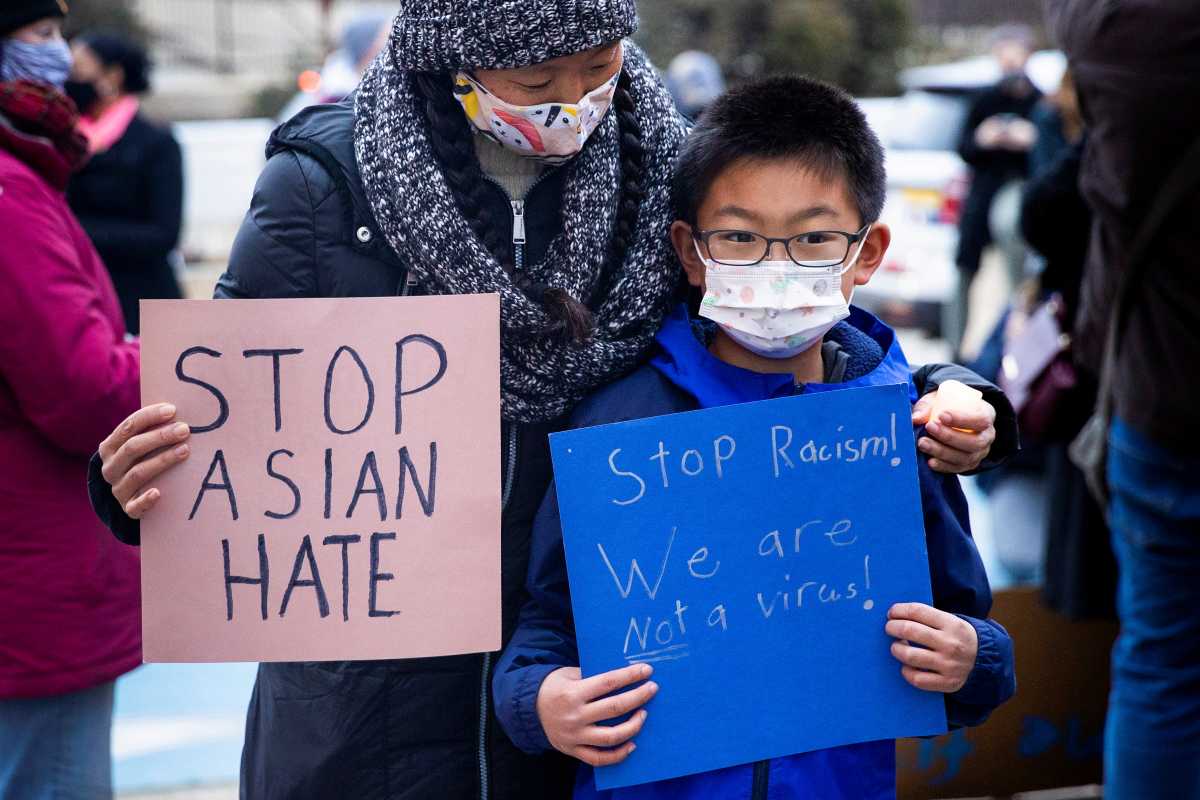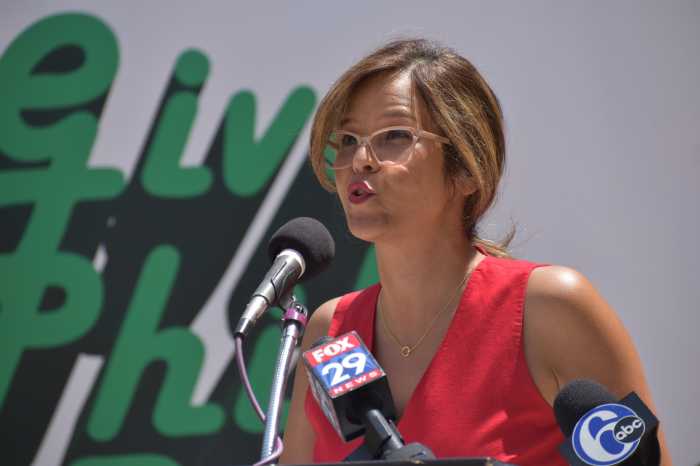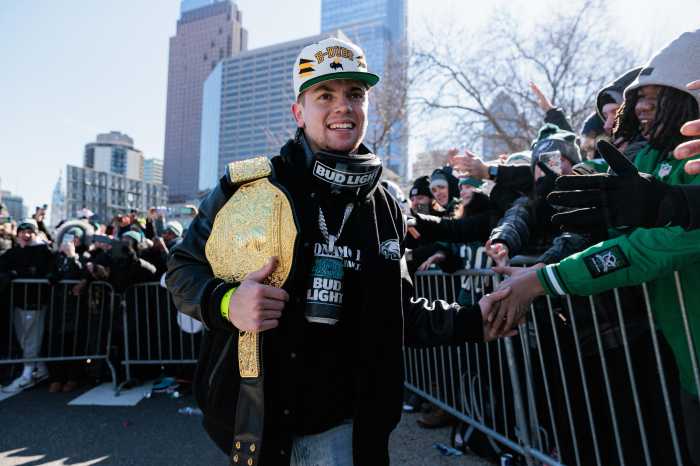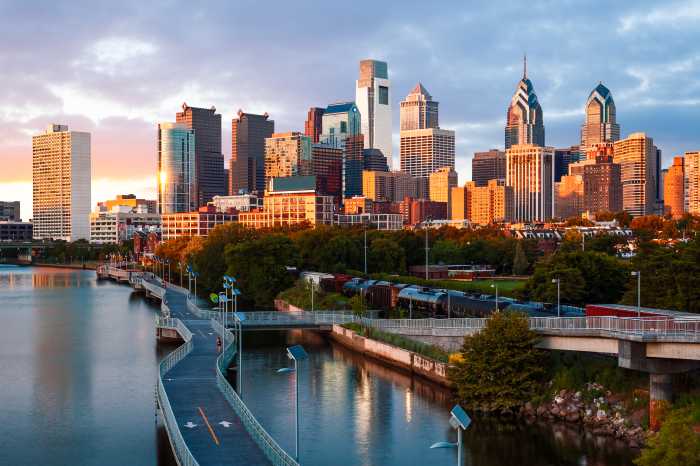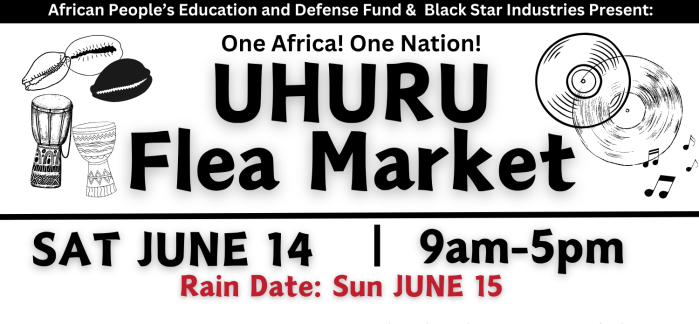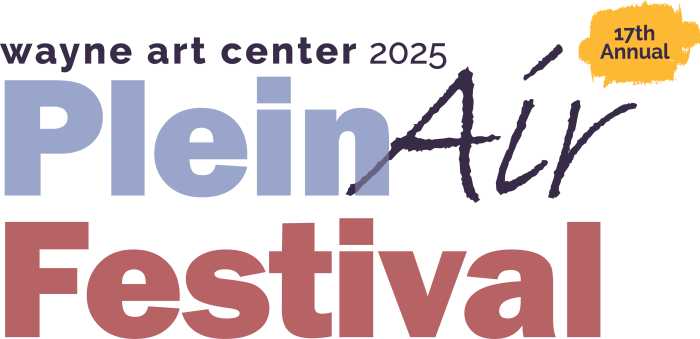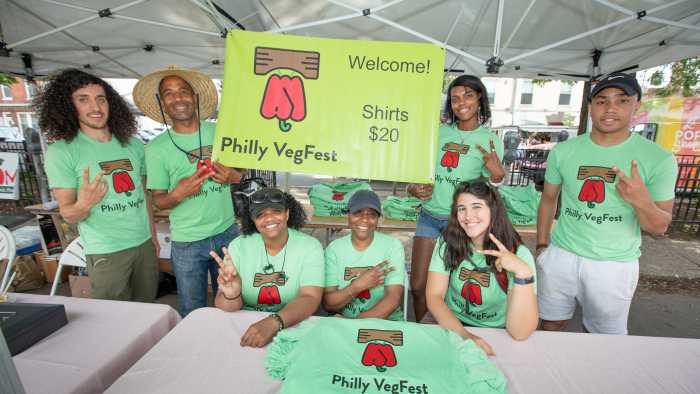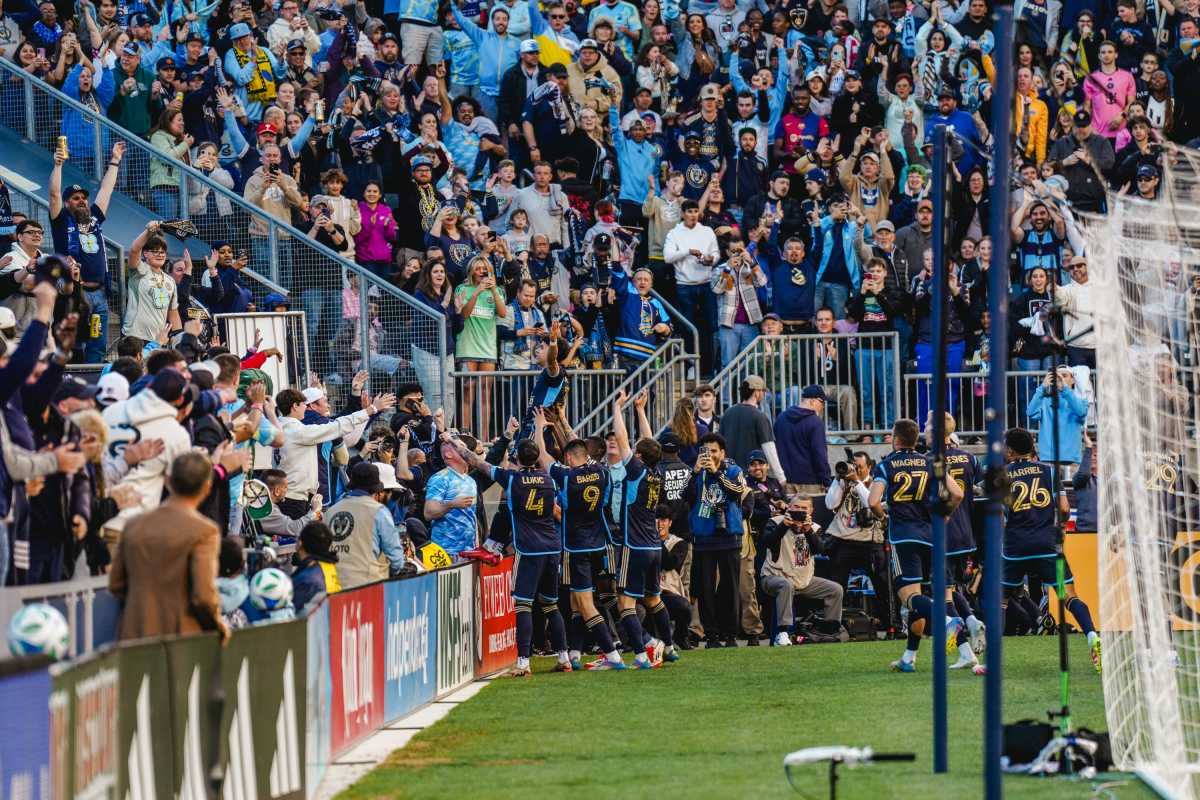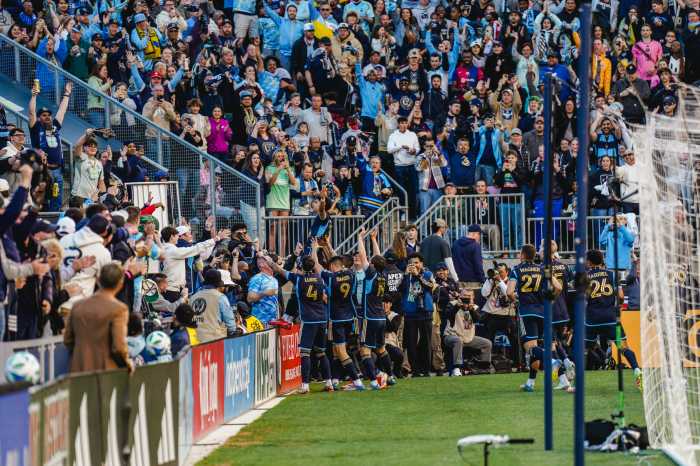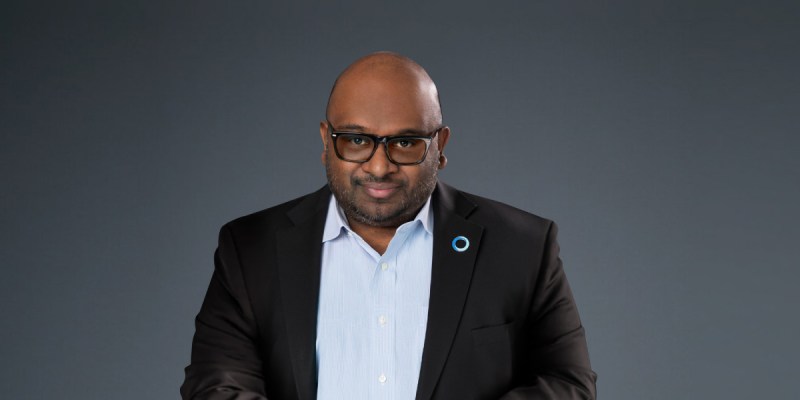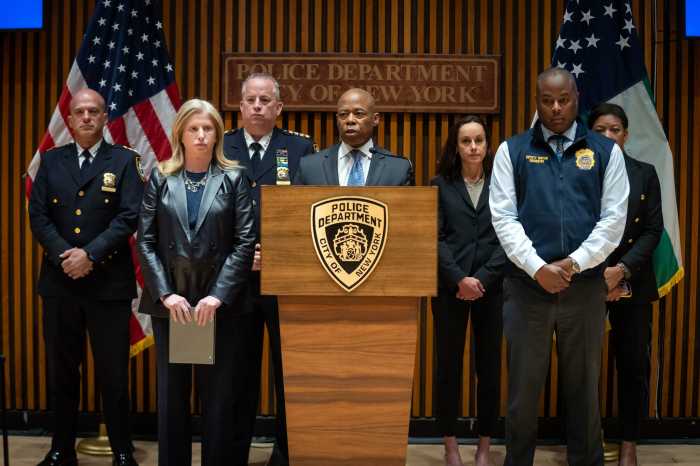Elders beaten and bleeding in cities across the country. Six women shot in the Atlanta area. A woman pummeled and shoved to the ground by a group of young men in Norristown. Victims of senseless crimes—all Asian. Stories and images of violence against Asians are saturating media and news feeds with little end in sight to this escalation.
Still, bigotry against Asians is nothing new. From institutionalized acts of discrimination, such as the “Chinese Exclusion Act” in the late 19th Century and the Japanese internment camps during World War II to physical attacks on Asians like the murder of Chinese-American Vincent Chin in 1982 for “looking Japanese,” Asians have been victims of hate in the United States for decades. While these cases are well-known, acts of hate and bias against Asian communities often go unreported due to a variety of reasons like distrust in law enforcement, perceived language barriers, and downplaying of the issue because many Asian cultures tend to be more conflict avoidant.
Locally, the Philadelphia Commission on Human Relations (PCHR) has worked with various law enforcement agencies, government offices, and key community organizations through the Philadelphia Civil Rights Rapid Response Team (PCRRRT) to address the uptick of anti-Asian hate attributed to the coronavirus over the past year. The PCRRRT, conceived of by the PCHR in 2016, was formed to allow for a quick, coordinated response around civil rights issues as they occur.
With the alarming stories of hate and bias directed at Asians, it became a priority to build trust between Asian communities and government, as well as to inform these communities on how to report hate. Information sheets were created and translated, and virtual panels were held for community members and leaders of the various Asian ethnic groups in the city. These resources are readily available to continue educating people on what to do when hate occurs. However, they are only part of what is required to address hate against Asians.
The City’s Office of Immigrant Affairs (OIA) and the Mayor’s Commission on Asian Pacific American Affairs (MCAPAA) have also worked in partnership with the PCHR to ensure that the stories and experiences of Asians in Philadelphia are heard. OIA sees the path forward as making the invisible, visible by elevating the experiences and stories of the Asian community, which have historically been underrepresented. We must also ensure that AAPI communities are brought to the table when crafting solutions.
Relationships between immigrant communities and government agencies, including law enforcement agencies, can be challenged for a variety of reasons. OIA has been a bridge-builder and convener for immigrant groups and leaders to have a dialogue and platform to create and voice solutions that are community-driven, as well as to make sure that government is accessible and inclusive in its approach.
Community members and organizations across race and creed standing together to speak out against hate illustrates the power of solidarity. Participating in trainings and discussions on bias awareness and responding to hate helps individuals discover hidden bias they may have that perpetuate discriminatory acts; and sharing what is learned and having critical discussions with family and friends can help change prejudiced attitudes. Finally, when people are more aware of their own prejudices against another, they may be more inclined to respond and report when such acts occur.
Stopping hate requires action on all levels. In this time of violence against our Asian community members, we need to be aware of the various ways to address acts of hate and to recognize that if we all stand together across social, professional, and ideological differences, there will be no room for hate in our city, state, and country.
If you or your organization are interested in learning more about how to report acts of hate or bias, or if you’d like to request materials or a training session from the Philadelphia Commission on Human Relations, you can check out our website (phila.gov/pchr) or email pchr@phila.gov.
We encourage anyone who is a victim of a crime to call 911 to report it and get further assistance including medical attention and victim services. Non-emergency acts of hate or bias can be reported to the PCHR at the email listed above or by calling 215-686-4670. An anonymous hotline is also available at 215-686-2856.
Randy Duque is acting Executive Director of the Philadelphia Commission on Human Relations. Romana Lee-Akiyama is Deputy Director of the Office of Immigrant Affairs.
